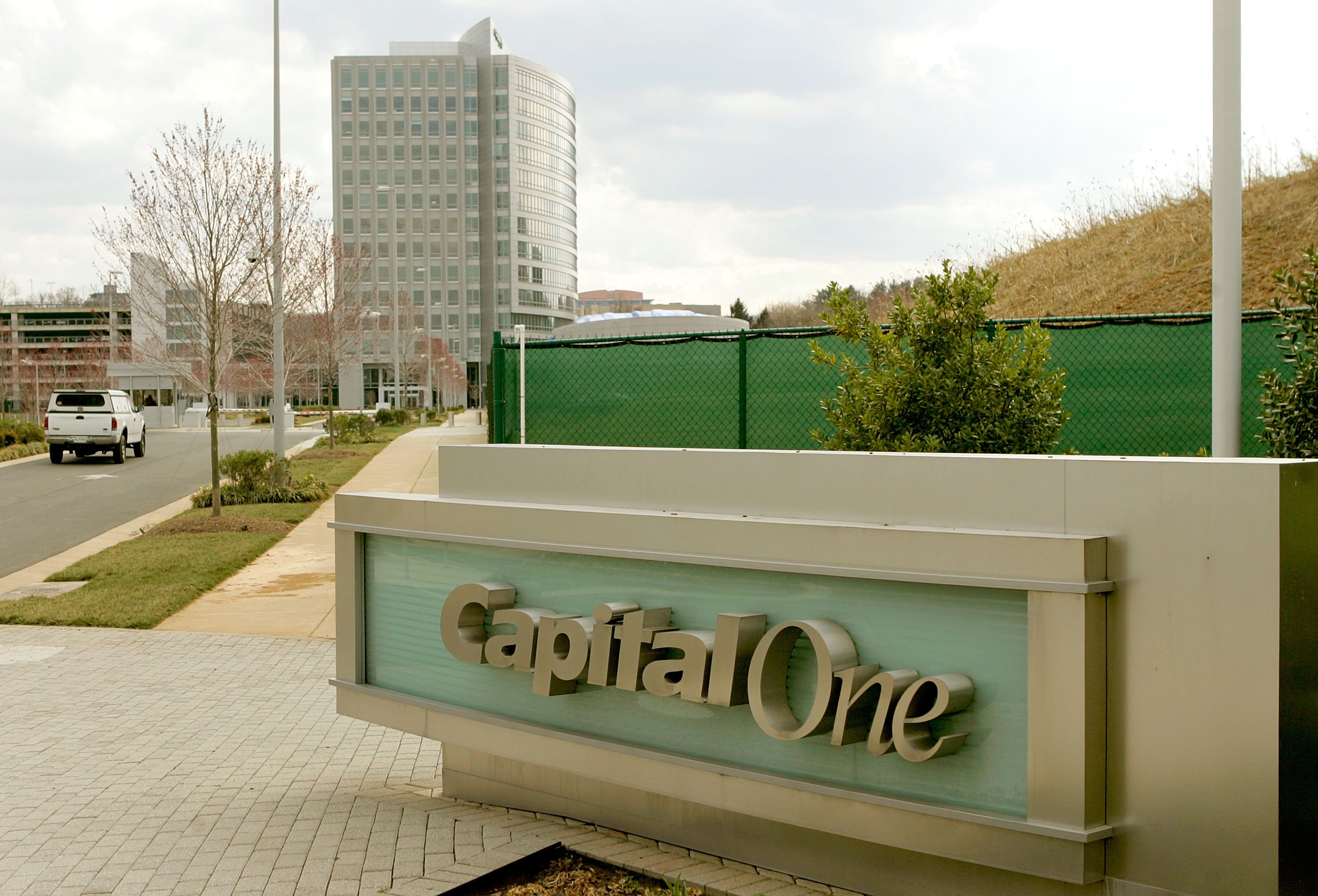Are overdraft fees going to be a thing of the past?
And more of the week's best financial insight

A free daily email with the biggest news stories of the day – and the best features from TheWeek.com
You are now subscribed
Your newsletter sign-up was successful
Here are three of the week's top pieces of financial insight, gathered from around the web:
Eliminating overdraft fees
Capital One is the biggest bank yet to eliminate overdraft fees, said Aaron Gregg in The Washington Post. The nation's sixth-largest retail bank announced last week it would stop penalizing customers "when their account balances dip below zero." The practice has come under scrutiny from regulators and advocates who have called it unnecessary and "exploitative." The Consumer Financial Protection Bureau said last week it was considering "a range of regulatory interventions" to get big banks to stop "relying on junk fees" for revenue, citing research that said overdraft fees cost customers $15.4 billion in 2019. Some smaller banks, such as Ally, already use their lack of overdraft fees to attract customers.
The Week
Escape your echo chamber. Get the facts behind the news, plus analysis from multiple perspectives.

Sign up for The Week's Free Newsletters
From our morning news briefing to a weekly Good News Newsletter, get the best of The Week delivered directly to your inbox.
From our morning news briefing to a weekly Good News Newsletter, get the best of The Week delivered directly to your inbox.
The no-show economy
Job seekers are increasingly skipping scheduled interviews, or even not showing up for the first day of work, said Kathryn Vasel in CNN. "Ghosting isn't new to the job market — and it happens on both sides." But in this job market, applicants have the clear advantage. According to recruiting executive Josh Howarth, "ghosting started to increase at the end of last year and is now happening more than he's seen in his 20-plus years in the industry." Companies that have multiple open positions at a similar level are even being advised to hire 10 percent or 20 percent more people than they need, because some simply won't show up. Howarth says that part of the reason is that young candidates are not "comfortable saying no. It's easier for them to just go dark."
A glut of emergency savings
The national savings rate may be dropping, but people are still hanging on to a lot of cash, said Julia Carpenter in The Wall Street Journal. American households "socked away close to $1.6 trillion in 'excess savings,' or resources they otherwise wouldn't have been able to save before the COVID-19 crisis," over the past two years. Many people now have additional funds that are "well beyond the three to six months of emergency savings generally recommended by financial advisers." While credit card balances have risen in recent months, many folks are still "too nervous about potential worst-case scenarios to dip into their funds." Asset managers say they hear from clients worried about investing their savings in the stock market, which they fear is overvalued. But advisers are also telling clients that, with inflation this high, "money sitting in the bank is only losing value."
A free daily email with the biggest news stories of the day – and the best features from TheWeek.com
This article was first published in the latest issue of The Week magazine. If you want to read more like it, you can try six risk-free issues of the magazine here.